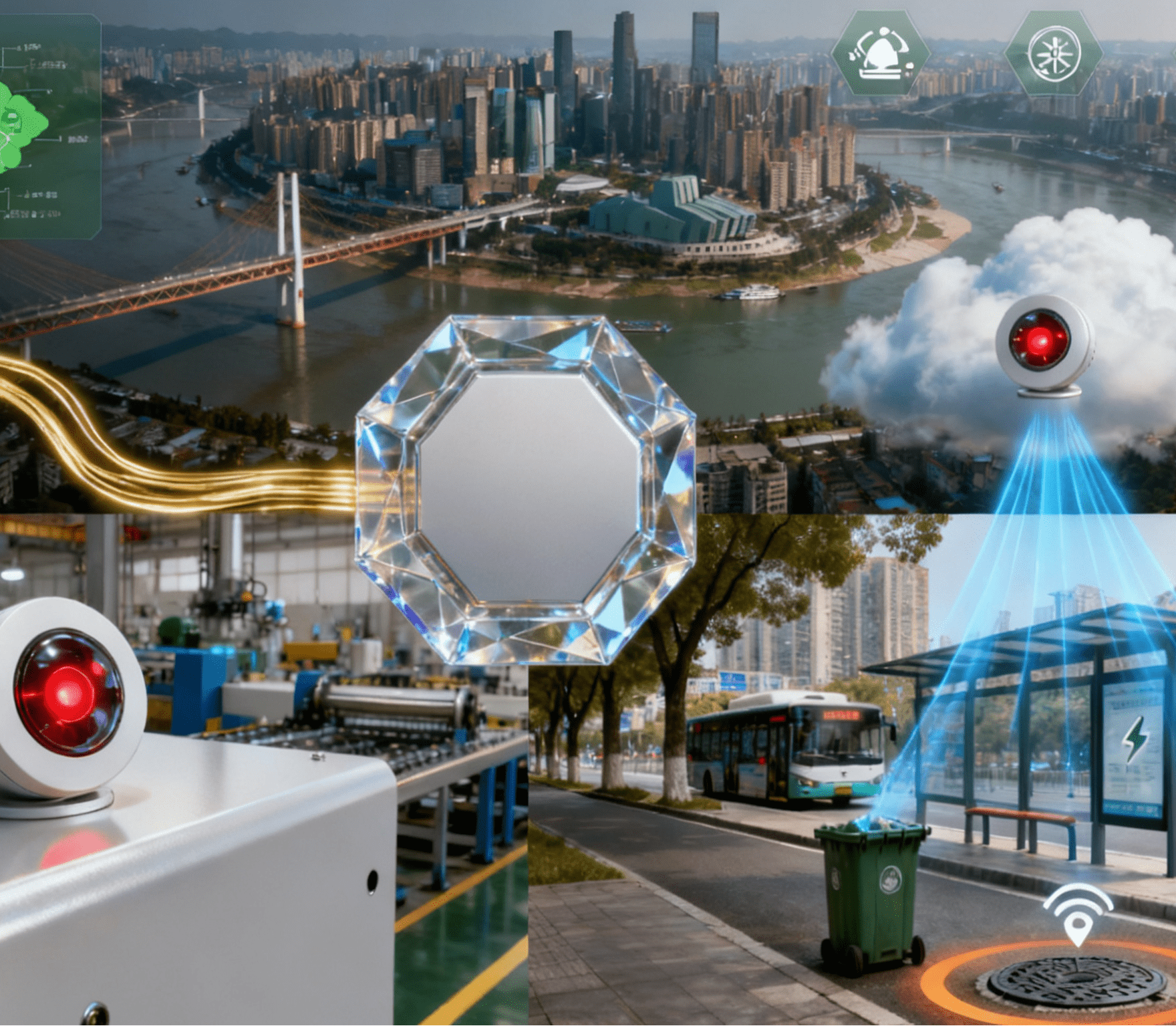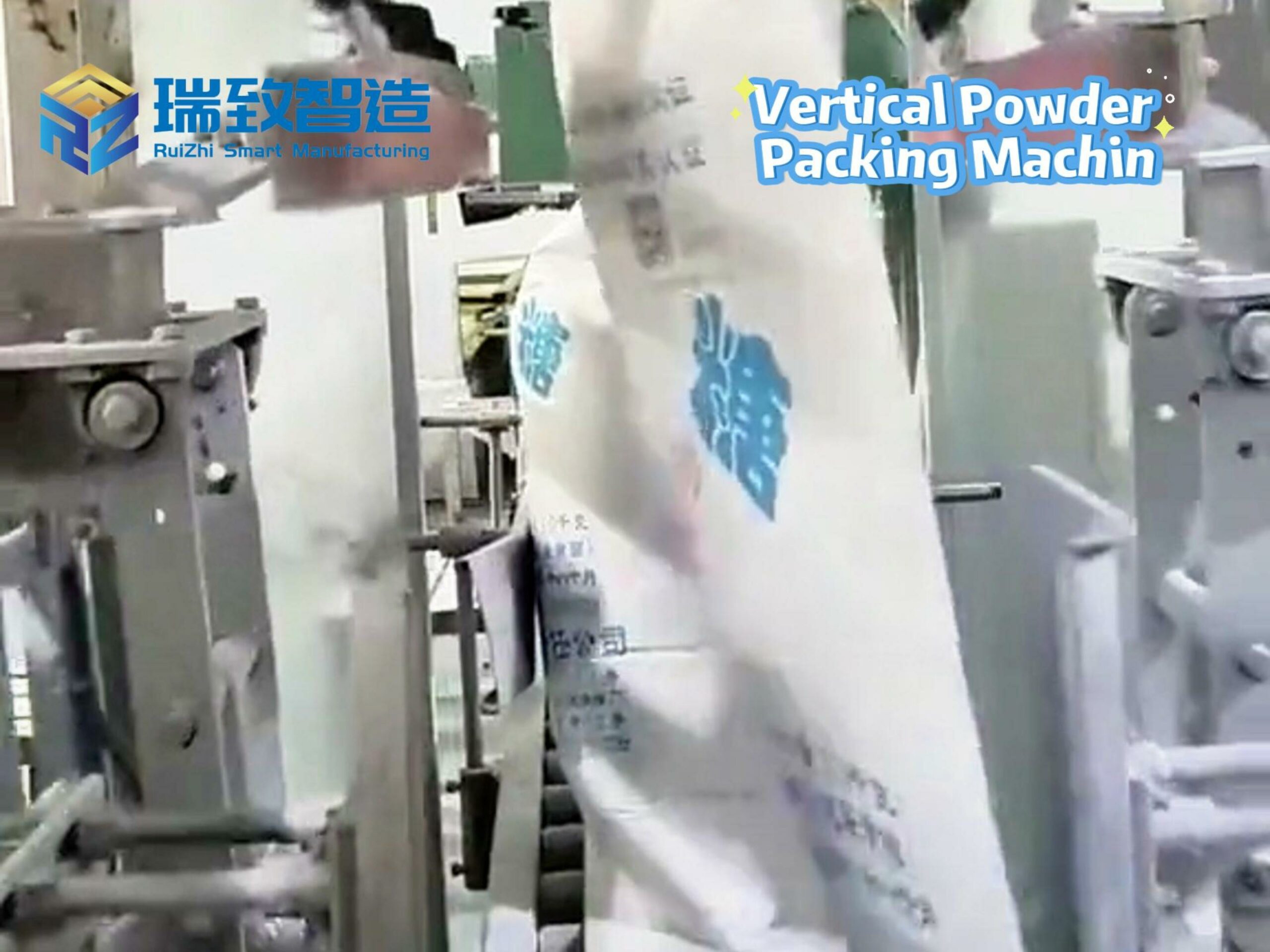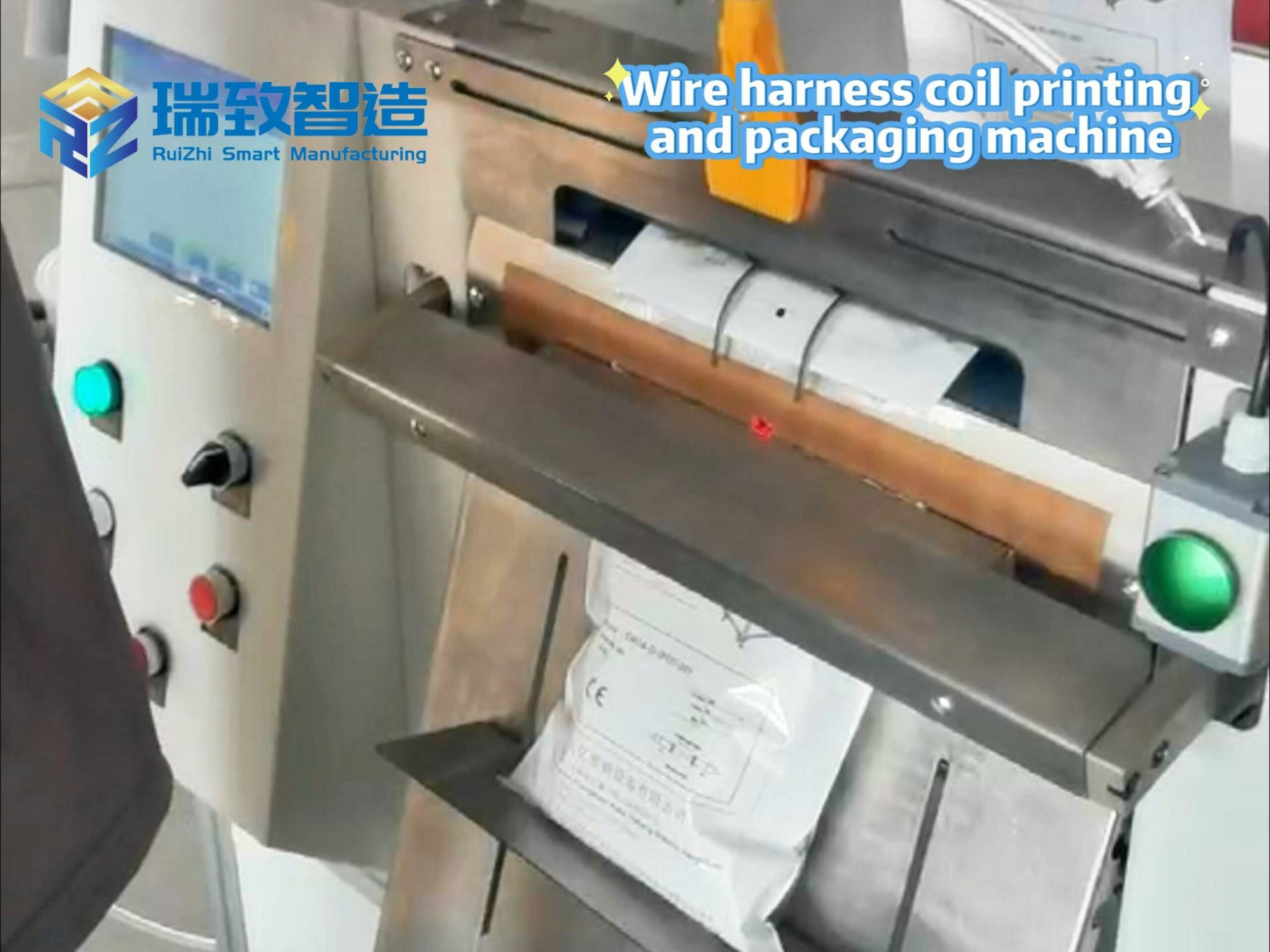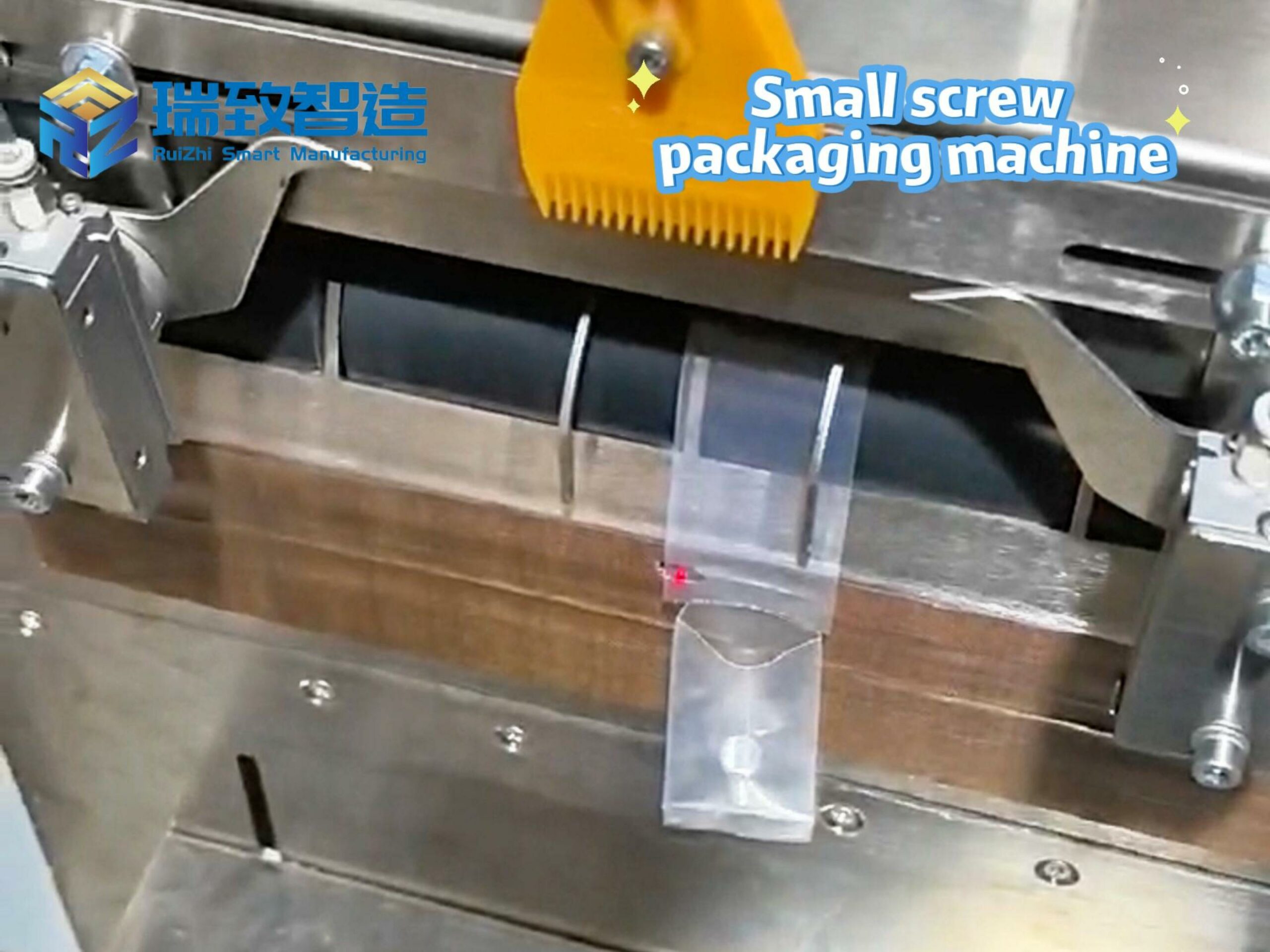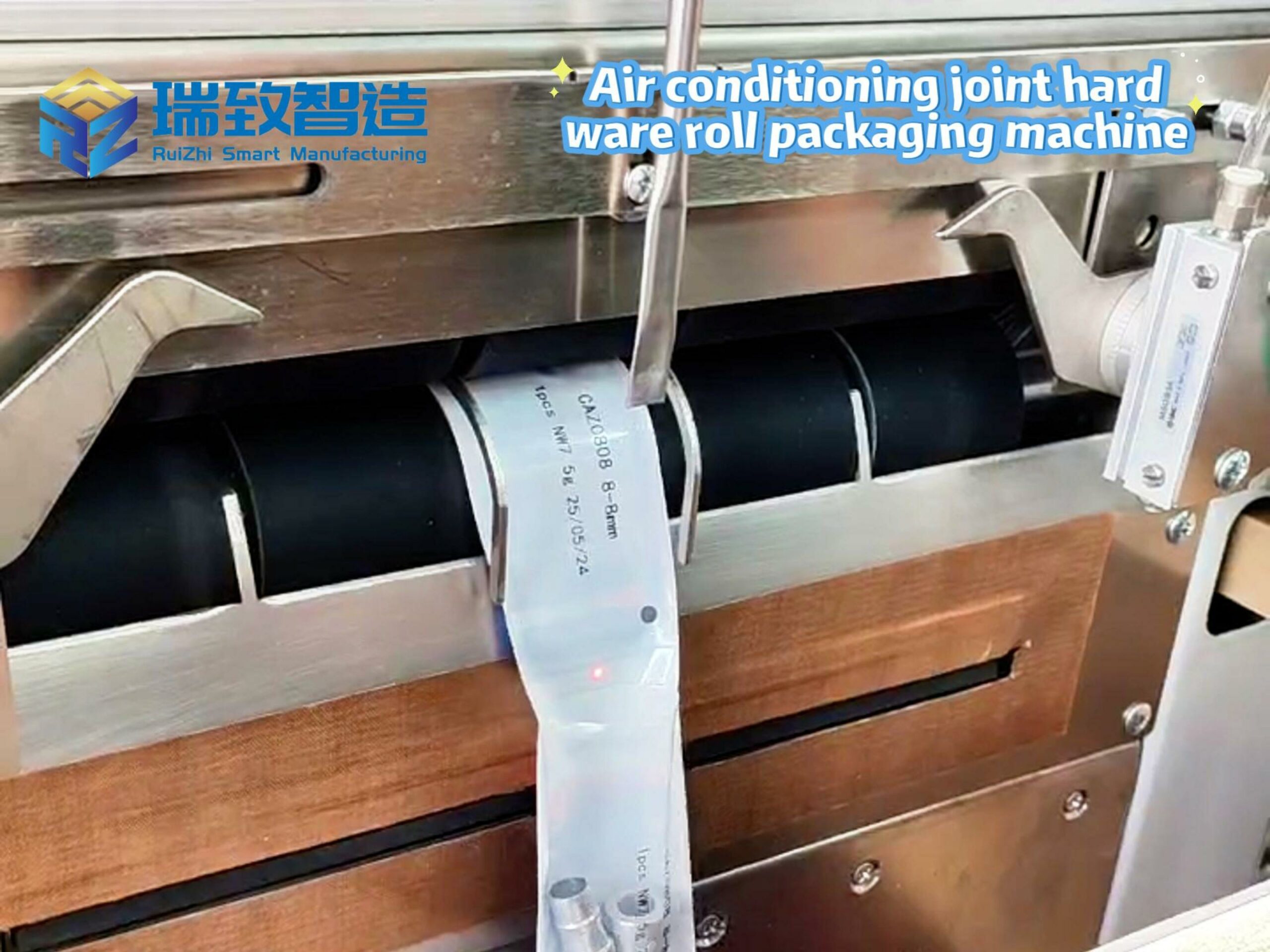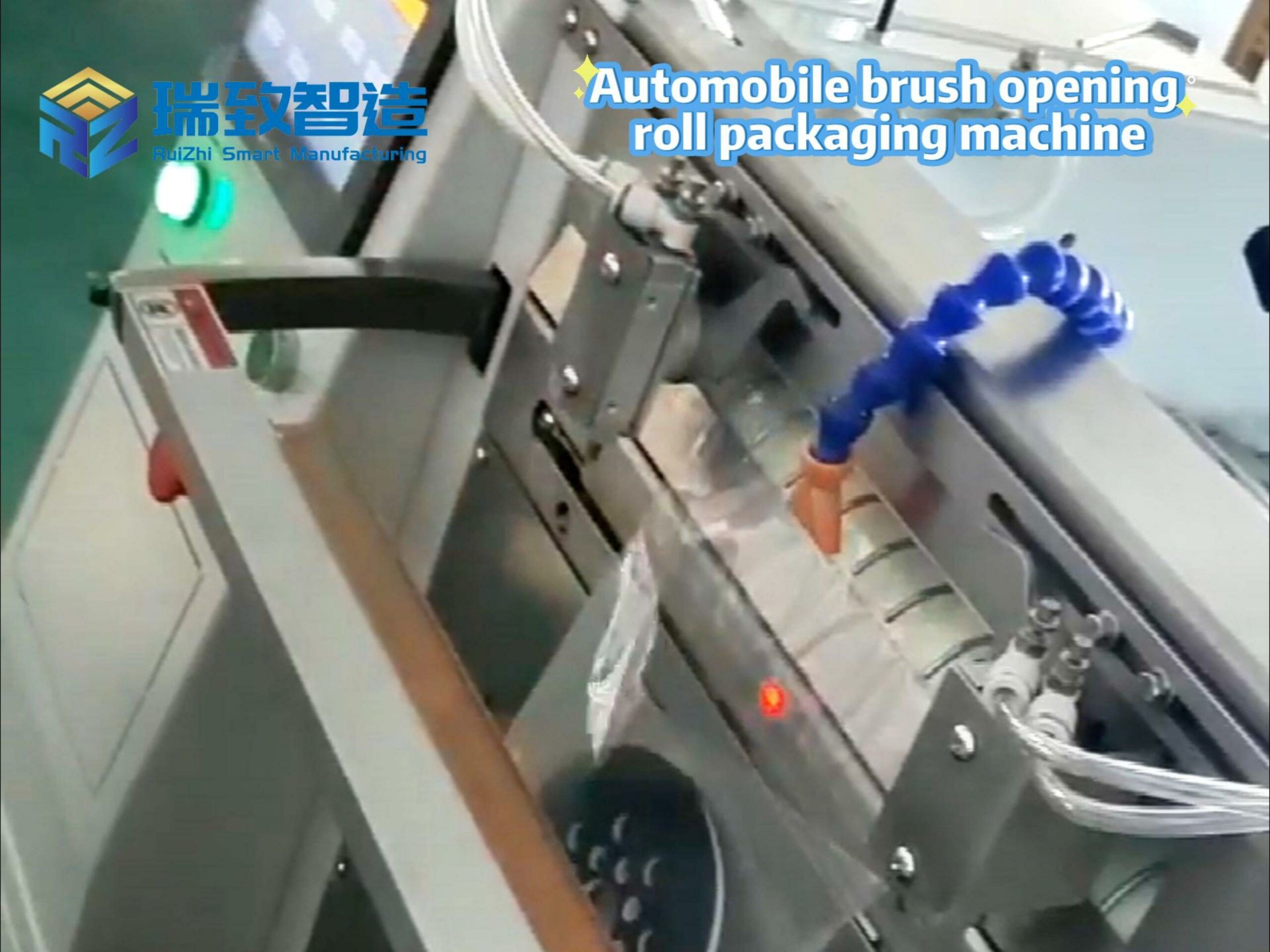Table of Contents
ToggleChinese Tech Giants Ramp up AI Talent Recruitment amid Surging Demand: Fueling Intelligent Automation’s Growth in Industrial Landscape - RUI ZHI
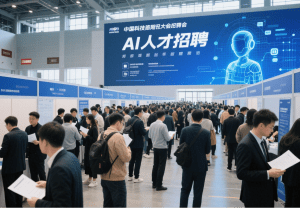
As intelligent automation and industrial automation become the new engines of China’s economic transformation, tech giants are launching unprecedented AI talent recruitment drives to secure dominance in the digital era. The hiring surge, from Baidu’s 60% position increase to Alibaba’s AI-focused recruitment campaigns, underscores a pivotal shift: AI professionals are no longer just tech specialists but architects of a future where automation equipment in factories, smart homes, and supply chains evolves into intelligent systems. “This talent race reflects China’s transition to high-quality growth, where AI-powered intelligent automation is reshaping industrial landscapes,” noted an expert.
Tech Giants’ Aggressive AI Hiring Spree
In a bid to gain an edge in the AI landscape, Chinese tech companies are significantly expanding their recruitment of AI talent. Baidu has announced its largest-ever AI talent hiring program, with a 60-percent increase in positions compared with last year. The program covers 23 core businesses and 11 research areas, focusing on cutting-edge AI fields such as large language model algorithms, machine learning, and speech technology. To attract top campus talent, the program offers salaries with no upper limit.
Robin Li, the founder of Baidu, announced in April that over the next five years, efforts will be stepped up to cultivate an additional 10 million AI professionals for society. Many other internet companies have followed suit. Alibaba’s 2026 spring recruitment drive saw nearly 50 percent of total positions related to AI, while JD.com launched a “top young tech genius program” targeting students and young professionals.
Midea Group, a major player in manufacturing, has been actively hiring AI experts for its robotics, energy storage, and smart home initiatives. From January to April this year, Midea recruited nearly 1,000 people in AI-related fields. This surge in hiring highlights the industry’s urgent demand for AI professionals, particularly those who can bridge intelligent automation with industrial automation systems.
The Demand Behind the Talent Race
Wang Peng, an associate research fellow at the Beijing Academy of Social Sciences, explained that the booming demand for AI talent stems from the technology’s role as a key driver for high-quality economic growth and digital transformation. As AI permeates various industries, companies are racing to introduce AI technologies to accelerate innovation, optimize operations, and enhance product quality.
“To stay competitive, companies need to quickly acquire AI talent to drive technological innovation and product upgrades,” Wang said. He noted that requirements for AI professionals have evolved beyond technical skills; employers now seek individuals with strong cross-departmental collaboration, communication, and commercial understanding—essential for integrating AI into industrial automation workflows involving automation equipment.
Internet industry expert Liu Dingding highlighted the significant gap between supply and demand of AI talent. “The explosive growth of AI has outpaced traditional talent cultivation systems, leading to a talent crunch,” he said. This has prompted companies to offer lucrative salaries and benefits to attract scarce talent.
China’s AI Industry and Talent Gap
China has more than 4,500 AI companies, with core AI industries valued at nearly 600 billion yuan ($83.41 billion). The industrial chain spans chips, algorithms, data, platforms, and applications, making AI a key driver of new industrialization. This has generated enormous demand for talent, especially in roles that integrate intelligent automation with industrial automation.
AI-related positions are currently the most talent-starved in China, with a supply-demand ratio well below 1.0. For specialized roles in cloud computing and deep learning, the ratio drops as low as 0.27. McKinsey & Company forecasts that China will require 6 million AI professionals by 2030 but could face a shortfall of 4 million.
Addressing the Talent Gap: Industry-Academia Collaboration
To bridge the widening talent gap, China’s educational institutions and industry leaders are stepping up efforts. More than 500 universities now offer AI-related majors or dedicated schools. Tsinghua University and Renmin University of China included AI in their 2025 enrollment expansion plans, while Nankai University introduced over 130 specialized courses under its AI talent development initiative.
China’s Ministry of Education has urged universities and enterprises to collaborate on AI talent development, emphasizing practical, interdisciplinary, and industry-aligned training. The goal is to cultivate professionals who can integrate AI with industrial automation, enabling automation equipment to function as intelligent nodes in manufacturing and service ecosystems.
Conclusion: AI Talent as the Cornerstone of Intelligent-Industrial Automation Integration
The recruitment frenzy among Chinese tech giants signals a broader shift: AI talent isn’t just building software but transforming how intelligent automation powers industrial automation. When AI experts at Midea optimize robotics or Baidu’s algorithms enhance smart manufacturing, they’re enabling automation equipment to evolve from mechanical tools to cognitive partners.
As the Ministry of Education pushes for industry-academia collaboration, the focus is on creating professionals who understand both AI’s potential and industrial automation’s nuances. The future belongs to those who can make automation equipment “think”—whether predicting maintenance for factory robots, optimizing supply chains, or designing AI-driven smart homes. In this era, AI talent isn’t just a workforce; they’re the architects of a new industrial paradigm where intelligent and industrial automation converge, driving China’s economic transformation forward.
The race for AI talent is more than a corporate competition; it’s a national effort to lead in the age of intelligent automation, where the seamless integration of AI with industrial systems and automation equipment will define global technological leadership.


